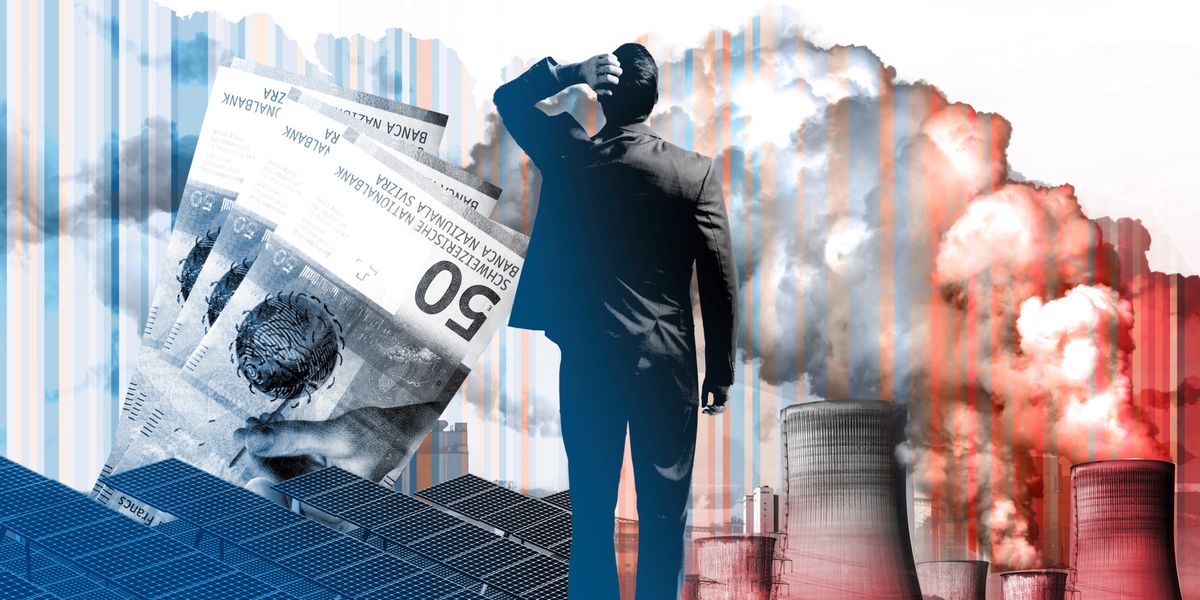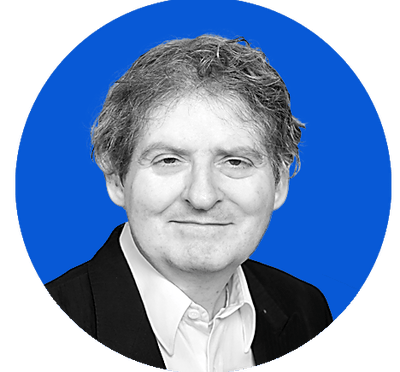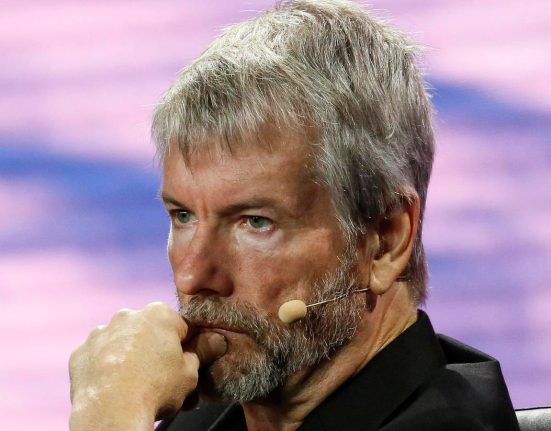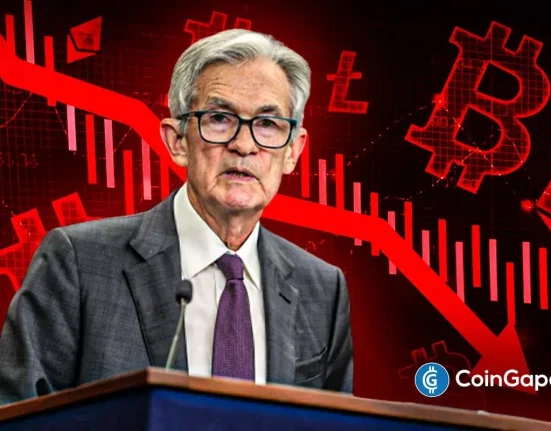Scepticism shakes industry
Billions in outflows and killjoy Trump: Are ESG funds still worth it?
Doubts about performance and resistance from Washington: Globally, investors are withdrawing funds from sustainability funds – including in Switzerland. The industry is now betting on «ESG 2.0.»

Owners of sustainable funds face a dilemma between performance and climate protection.
Marco Tancredi, Bilder: Getty Images
The industry of sustainable funds is facing the most significant revolution since the creation of ESG in 2004. Nearly every second ESG fund could be renamed in the coming weeks and months.
The reason is a European regulation coming into effect on May 21, where the European Securities and Markets Authority requires uniform standards for sustainability funds. Funds may only use the term «sustainable» in their titles if at least half of their volume is invested in sustainable assets.
Funds with «environment» in the title must exclude companies earning more than a tenth of their revenue from oil. This regulation aims to prevent greenwashing.
Experts predict a massive wave of renaming. According to the analysis firm Morningstar, between 30% and 50% of all ESG funds in the EU might change their names in the coming weeks.
In Switzerland, up to 20% of the funds might be renamed, speculates Brian Mattmann, a lecturer at the Institute for Financial Services Zug (IFZ), which publishes the annual Sustainable Investment Study.
Europe faces outflows for the first time
As early as 2024, at least 170 funds throughout Europe received new names. This year, there will likely be even more. «Many fund managers are now under pressure,» says Karsten-Dirk Steffens, Swiss head of the Scottish asset manager Aberdeen.
The new standards could provide greater market security. Recently, a mishmash of criteria has driven investors away. In the first quarter of 2025, there were record outflows. According to Morningstar, investors globally withdrew $8.6 billion from sustainability funds. For the first time, Europe also saw significant outflows.
The primary culprit is the policy of Donald Trump. The U.S. President wants to roll back renewable energies and promote fossil fuels. Since his return to the White House, the ESG party seems to be drawing to a close. While net new money in sustainable funds grew by 31% in Switzerland in 2020, this figure was just 2% last year.
Experts cite several reasons for the end of the ESG hype. Mattmann from IFZ observes a certain market saturation. Currently, 1.32 trillion CHF in Switzerland is sustainably invested, equating to a fifth of total fund assets.
Additionally, performance doubts have curbed demand. Over the past two years, ESG funds have lagged behind conventional funds in terms of returns. While the MSCI World surged over 80%, the MSCI ACWI ESG only gained 20%. During the COVID crisis, ESG funds had still outperformed conventional vehicles.
«There is confusion about the rules on one side and geopolitical headwinds on the other,» explains Aberdeen manager Steffens on the decreasing interest of many private investors in sustainable investments. They question whether the respective ESG funds truly deliver the impact they promise, and recent performance hasn’t helped.
Steffens notes a divergent trend in ESG funds. While private clients are seeing more outflows, institutional clients are experiencing more inflows. «The gap between private and business clients is widening.»
Pragmatism instead of dogmatism
However, sustainability fund providers are not talking about a crisis. Demand for ESG funds is stable, says an unnamed UBS fund manager in Switzerland.
Other fund houses describe it as a healthy cleansing process. The industry was simply overloaded with dogmatism, says Robert de Guigné, head of sustainability at UBP. Now, it is moving toward more pragmatism and economic efficiency.
In a discussion round on ESG at the Finanz’25 investor fair, market participants envisaged a reset in ESG, a sort of new beginning. «ESG 2.0 is coming,» promised Dominique Habegger, a sustainability finance pioneer and now chief strategist of sustainability at the Geneva asset manager De Pury Pictet Turrettini.
Some actors with vague promises might lose influence or even disappear from the market. A creeping consolidation is already visible: in mid-2023, there were 262 sustainable fund providers in Switzerland; by mid-2024, there were only 257.
Only a few of them manage more than 10 billion CHF. Just 26 providers surpass this threshold. Five major players dominate the sustainable fund market: BlackRock, Amundi, UBS, DWS, and Swisscanto manage nearly half (45%) of the fund assets.
In terms of net inflows, ZKB subsidiary Swisscanto shows a clear plus (14%). Only JPMorgan grew more robustly (+37%). UBS, however, could attract only 2% more new money. According to the IFZ study, one reason was the rebranding of sustainable money market funds into conventional funds.
Swisscanto is number four worldwide
Globally, Swisscanto is also on the rise. In the first quarter, against the trend, it attracted $2.8 million in net new money and climbed to fourth place in the ranking of the world’s largest ESG fund providers. UBS suffered $3 billion in outflows in the first quarter of this year, but still maintained its position as number two with $179 billion in assets under management, ahead of Amundi.
The global market leader remains BlackRock with over $400 billion in fund assets. Despite this, BlackRock CEO Larry Fink now tends to avoid the acronym ESG.
The actively managed BlackRock ACS World ESG Insights Equity Fund, among the largest ESG funds, gained over 20% in value in 2024. Passive funds delivered partly higher returns. For example, the ETF on the MSCI World ESG Screened grew nearly 30% in 2024, even outperforming the MSCI World. The more ESG indices exclude industries and certain stocks, the tougher it becomes for them against the MSCI World.
As a result, some banks are reconsidering and examining whether to classify certain arms manufacturers as sustainable. UBS now also includes defense stocks in their sustainable funds. The exclusion of nuclear energy is controversial. In France, utilities engaged in nuclear power are included in sustainability funds, unlike in Germany and Switzerland.
ESG favorites of FuW
Most ESG funds use a best-in-class approach, selecting industry leaders. Thus, many big tech companies like Nvidia, Microsoft, Apple, and Alphabet are included in the sustainability portfolios. This saved performance in 2024.
Among European titles, Iberdrola, Schneider Electric, Prysma, Aptiv, and Siemens are prominently represented, according to a Morningstar study.
There are also promising ESG stocks in Switzerland. FuW recommends four stocks: Swiss Re, Geberit, Swisscom, and Givaudan. These companies are pioneers in climate protection and have good profit prospects.
In Vontobel’s most recent ranking, Geberit achieved the highest ESG score. Following Geberit are Swiss Re, Zurich Insurance, Swisscom, Belimo, Givaudan, and SGS.
An dieser Stelle finden Sie einen ergänzenden externen Inhalt. Falls Sie damit einverstanden sind, dass Cookies von externen Anbietern gesetzt und dadurch personenbezogene Daten an externe Anbieter übermittelt werden, können Sie alle Cookies zulassen und externe Inhalte direkt anzeigen.
Fehler gefunden?Jetzt melden.








